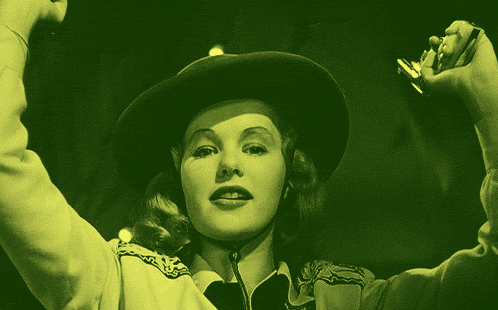Stop listening to your customers.
Henry Ford is attributed with saying:
“If I had asked people what they wanted, they would have said faster horses.”
This has become a common philosophy in the world of marketing.
There are many cases where you’ll find it to be true; there are many where you’ll find it false.
A famous example of when listening to your audience didn’t work:
It’s the mid-80s. Coca-Cola’s running a blind taste test for a new drink. After doing some R&D and initiating some focus groups, they found that people preferred a sweeter cola.
They ran with it and marketed the new drink as New Coke.
And people hated it—with a loving passion.
As for examples of when it does work, there are too many to count.
Brands remove harmful ingredients (usually after getting caught), make batteries last longer, and introduce new sneaker colors.
Context matters for every brand, so I’d say Ford’s quote is more of a philosophy than a law.
So…
When I hear anyone say something along the lines of:
“You asked, we listened.”
I’m either going to love it or hate it—there really is no in between.
Because, like New Coke, crowdsourcing an opinion from a small group and then scaling it nationally is like asking Picasso to perform facial reconstructive surgery on your brand’s identity.
All this to say—here’s why I’m telling you this.
Sweetgreen, a fast-casual salad chain, recently ran a campaign featuring a model and her lover—both contestants from Love Island—to promote a new salad.
Original? Sure. Gauche? Yes.
Straight from their investor relations page, they said:
“On the heels of Sweetgreen’s viral fall campaign featuring Nic Vansteenberghe, Nicolandria Nation fans flooded the internet with one question: ‘Where’s Olandria?’ Sweetgreen responded with a co-created collab bowl that’s as extra and iconic as this breakout couple themselves.”
To which I’d say:
Why the hell did you listen to these “fans flooding the internet”?
Sweetgreen is a brand that reimagined what fast food could be: fresh, flavorful, and built on real relationships with growers.
What do two contestants from a brain-rot reality show have to do with building relationships with growers?
That’s like if Monster Energy did a collab with Brad Pitt, Neil deGrasse Tyson, and Elon Musk.
Sure, they’re high-performing individuals who could use the extra energy—but wouldn’t collabing with them tarnish, dilute, and outright ruin the meaning of their brand and values?
I don’t need to be a CMO at a publicly traded company to realize the answer is yes.
And I don’t need to work on Wall Street or have an econ degree to realize that Monster Energy’s stock has been crushing it for the past 20 years, while Sweetgreen is down 85% from its listing back in 2021.
Maybe if Sweetgreen were a niche, small, health-focused restaurant local to a certain area—say LA or New York—that flaunted itself on the idea that living healthier equals looking more beautiful...
Then fine, I’d get it.
Sweetgreen would exist at the crossroads of beauty and food.
But…
When you literally have this on your website:
“Since 2007, the brand has reimagined what fast food can be: fresh, flavorful, and built on real relationships with growers. Born at the farmers market, Sweetgreen’s supply chain now spans the country, still rooted in relationships with local farmers and growers. That foundation continues to guide its seasonal, chef-crafted menus across more than 260 locations nationwide, creating spaces where food, people, and purpose come together.”
Sigh.
Ford’s right:
The best brands aren’t the ones that listen, but the ones that know when to ignore their audience.
To which I have to ask, Sweetgreen:
Was Simone Biles out of your budget?
But I digress,
George

